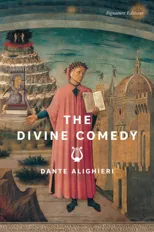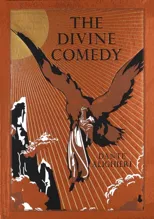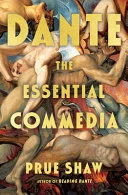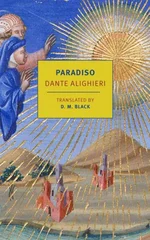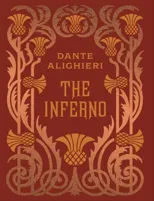Vita Nuova
Dual Language
(Author) Dante AlighieriThe Vita Nuova, with its unusual blend of prose and poetry, is universally recognized as Dante's early masterpiece and provides an indispensable prequel to The Divine Comedy. Set in thirteenth-century Florence, part autobiography and part religious allegory, it traces Dante's quest to find a poetic idiom worthy of Beatrice, whom he had loved since boyhood. Her premature death plunges him into an emotional turmoil that finds release only through his faith in her continuing spiritual influence and through his determination “to write of her what has never been written of any woman”. The Vita Nuova remains a central document in European culture's examination of love and the self. It is a hundred and fifty years since Dante Gabriel Rossetti's groundbreaking version of the Vita Nuova. Now Anthony Mortimer, already acclaimed as translator of Cavalcanti, Petrarch and Michelangelo, produces a verse translation that avoids Rossetti's disturbing archaisms but preserves a lyric immediacy worthy of the original. This is a Vita Nuova for the twenty-first century.
Dante Alighieri
Dante Alighieri was an Italian poet and philosopher born in Florence in 1265. His most notable work is "The Divine Comedy," a narrative poem that follows the author's journey through Hell, Purgatory, and Paradise. This work is considered a masterpiece of world literature and a cornerstone of Italian literature. Dante's writing style is characterized by its intricate symbolism, vivid imagery, and profound philosophical insights. His contributions to literature include popularizing the use of vernacular language in poetry and shaping the development of the Italian literary tradition. Dante's impact on the literary genre of epic poetry and his enduring influence on Western literature make him one of the most celebrated and influential writers in history.

